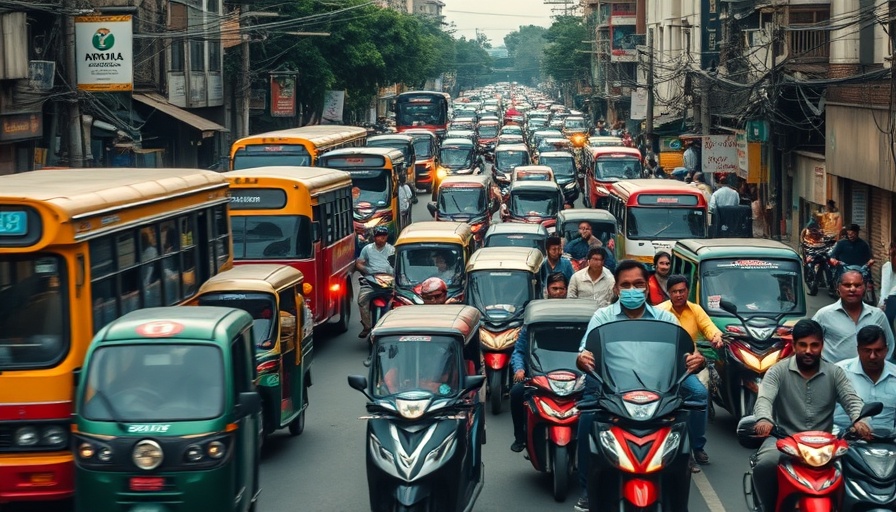
India's Ethanol Dilemma: A Choice Between Fuel and Food
India's quest to produce ethanol from food crops raises an urgent question: Are we sacrificing food security for the sake of energy? It's well known that the country has ramped up its production of first-generation (1G) ethanol, using food staples like sugarcane, maize, and rice, which are essential for human consumption. This practice has led to concerns about rising food prices and reduced availability of grains for both people and livestock.
Environmental Impact of Biofuels
The production of 1G ethanol diverts significant quantities of food into fuel, accounting for nearly 9 percent of global rice shipments in just a year. This shift threatens not only food security but also the natural resources that are necessary for sustainable living. The critical ingredient in the push for cleaner energy—second-generation (2G) ethanol—remains largely untapped. This cleaner alternative, made from agricultural waste, offers a much-needed solution to reduce the environmental impact of energy production while promoting sustainable practices.
The Financial Bottleneck of Transition
Experts highlight the lack of pricing support for 2G ethanol as the primary barrier preventing its widespread adoption. Unlike 1G ethanol, which is cheaper and more readily available, 2G ethanol requires more significant investment and therefore a higher price point to make it economically viable for producers. Monish Ahuja from Punjab Renewable Energy Systems points out that without a differentiated pricing structure, investors are reluctant to commit resources. This bottleneck stifles innovation and perpetuates a cycle that prioritizes short-term gain over long-term sustainability.
Technological Advances and Their Potential
To further complicate matters, the establishment of 2G ethanol production facilities has been sluggish. Of the twelve planned plants, only one is operational, highlighting the challenges that remain in developing the technology necessary for cleaner fuel. The cost of enzymes and other innovations to break down tough agricultural residues stands as another financial hurdle that the government and investors must navigate.
Future Predictions: Hoping for a Shift
Despite the challenges, there remains a glimmer of hope. The Indian government has signaled its willingness to introduce a separate pricing policy for 2G ethanol, but as of now, no concrete actions have been formalized. Proposals from a high-level committee highlight the urgency of the situation, with expectations set for April 2025 to announce pricing structures. Will we see a meaningful shift that supports cleaner production methods, or will inertia hold India back?
Climate Change and Renewable Energy Solutions
The transition towards renewable energy through biofuels is not just an economic issue; it is one of climate action and environmental stewardship. As nations grapple with climate change, the ability to source eco-friendly products like 2G ethanol could align well with sustainable development goals. By redirecting crop waste into biofuel production, India can cultivate a green economy that nurtures both human and ecological health.
Making Ethical Choices for Future Generations
For eco-conscious individuals, the narrative surrounding biofuel production highlights the importance of ethical sourcing and responsible consumption. Every choice matters in the fight against climate change, and supporting sustainable technologies like 2G ethanol not only fights carbon pollution but also champions a circular economy where waste is minimized and resources are used ethically.
In conclusion, the challenges facing India in shifting to a more sustainable biofuel system underscore the critical need for smart policy, investment in technology, and consumer advocacy. The power lies not only with government action but also with individuals making conscious choices. Choose to engage with sustainable practices today to foster a greener tomorrow.
 Add Row
Add Row  Add
Add 



Write A Comment